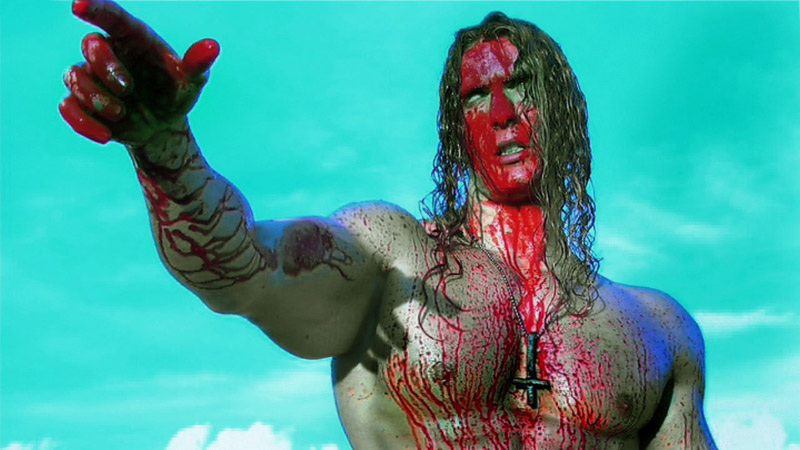|
I will be giving a paper at the forthcoming Spaghetti Cinema conference at the University of Bedfordshire, 9-10 May 2014. This is the second annual conference, organised by Dr Austin Fisher. My review of the first event appeared in the Journal of Italian Cinema and Media Studies 1.3.
My talk will focus on the contemporary legacy of classic Italian horror, as well as recent Italian productions. Between "Italianate" and "Italian" horror cinema In English-speaking culture, the “legacy” of Italian cinema, until very recently, was dominated by studies on neo-realism and its afterlife. In histories of Italian cinema written in English, “popular” genres such as horror were not considered at all. Throughout the 1990s, horror film production, and the work of some of the country's most prolific genre directors—Argento, Fulci, Lenzi et al—were maligned in the UK and America to the most peripheral of cults. Many Italian “horror” filmmakers were caught up amid the British video nasties panic and, as a result, became valued by collectors and cultists as opposed to legitimate film culture. Because of this, the legacies of one of Italy’s most popular directors, Dario Argento, was about as far removed from the critical “mainstream” as one could get. Yet, following somewhat of a critical reappraisal of Italian popular cinema, and the emergence of cine-literate filmmakers from Europe and the USA in the 2000s, the legacy of Italian horror cinema has become valorised in recent critically-acclaimed films that seek to nostalgically pastiche the Golden Age of Italian horror/exploitation cinema. As a result, “old school” Italian horror has maintained a currency in the contemporary mindset in films such as Amer and The Strange Colour of My Body's Tears, that recent Italian horror productions have not. What might be considered the most “Italianate” of horror films have not come from Italy at all. This paper questions the implications of this as we look to the future of Italian horror, and examines how certain Italian horror filmmakers have sought to challenge dominant paradigms of Italian horror's history.
0 Comments
Leave a Reply. |
Details
Archives
October 2021
Categories |

 RSS Feed
RSS Feed
